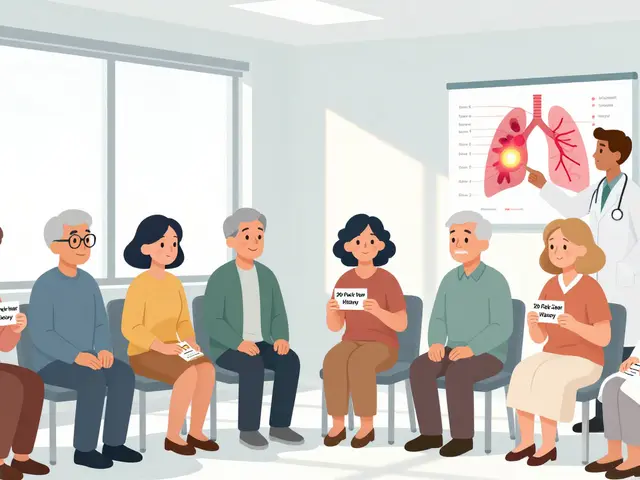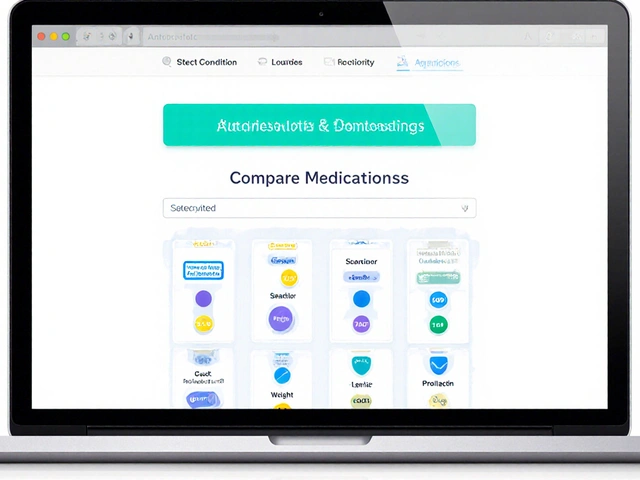Safe Use: Practical Medication Safety Tips
Medicines help a lot — but they can also cause harm if used wrong. Want quick, practical steps to stay safe? This page pulls the best tips together so you can buy, store, and take meds with confidence.
Buying and getting prescriptions
Always use a licensed pharmacy. If you buy online, look for a real prescription requirement, clear contact details, and verified seals like your country’s pharmacy regulator. If a site sells controlled drugs without a prescription, walk away. Ask your doctor for a clear prescription and keep a copy. If you’re treating a specific condition — say a UTI or anxiety — compare trusted articles first, then check with a clinician before ordering.
Watch out for prices that are too low, shipping addresses in many countries, or poor customer service. These are common signs of risky sellers. If you get pills that look different than usual, stop taking them and contact your pharmacist.
Taking meds safely: dosing, timing, and interactions
Read the label and follow your prescriber’s instructions exactly. Use a pillbox or phone reminders if you miss doses often. Don’t double up unless a healthcare professional tells you to. When starting a new drug, note common side effects and how long they should last — then call your provider if something feels off.
Mixing drugs, supplements, or alcohol can be dangerous. Ask your pharmacist about interactions every time you start a new medication or supplement. For example, some blood thinners, antidepressants, and herbal products can raise bleeding risk when combined. Keep an up-to-date list of everything you take — prescriptions, OTCs, vitamins — and share it at every appointment.
If you have kidney or liver issues, dosing may need adjustment. The same goes for older adults and pregnant or breastfeeding people. Don’t guess — get a professional check.
Store meds as directed: most belong in a cool, dry place away from sunlight. Some need refrigeration. Keep everything out of reach of children and pets. Safely dispose of expired or unused medicines at a take-back location or follow local disposal rules.
Keep records. Note start and stop dates, reactions, and who prescribed each drug. This helps when you switch doctors or travel. If you suspect a bad reaction, stop the drug only if advised, or seek urgent care if symptoms are severe (trouble breathing, swelling, fainting).
If you treat a headache, infection, or chronic condition, use targeted resources to learn more. Our site has specific guides on safe online buying, drug interactions, and alternatives for common meds — read those before making changes. When in doubt, ask a pharmacist or doctor — it’s the fastest way to avoid mistakes.
Small habits — confirming your source, tracking doses, and checking interactions — cut most medication risks. Use these tips to make your medicine work for you, not against you.

Ativan, known by its generic name lorazepam, is a medication often prescribed for anxiety and related conditions. This article breaks down how Ativan works, its potential risks, and safe usage tips in everyday language. You'll also find practical advice for handling side effects and alternatives to consider. Real-life insights and expert opinions help clarify what to expect with this medication. Read on for a clear, honest look at a widely used anxiety drug.






